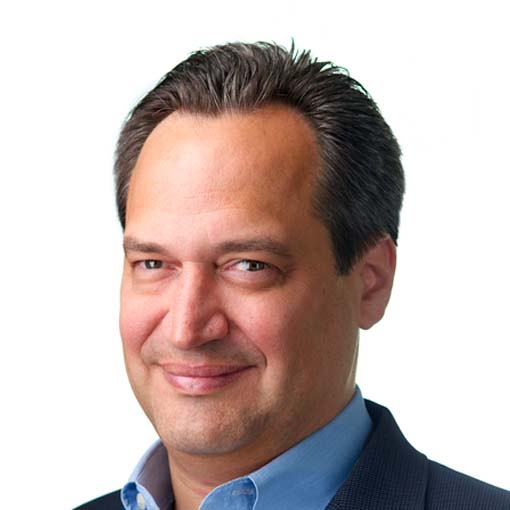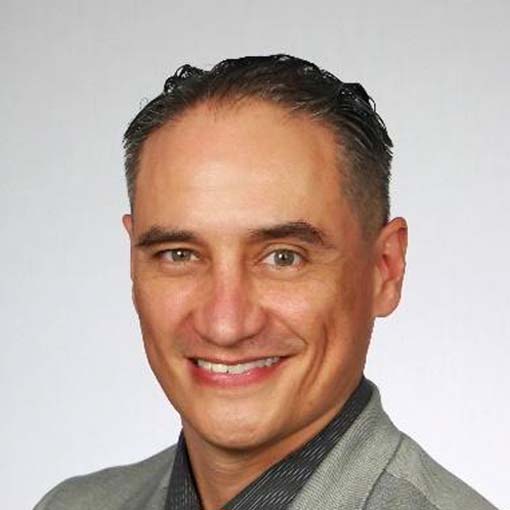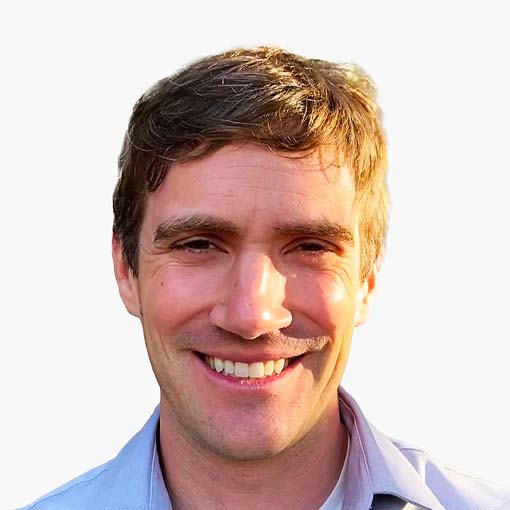Data: The unsung hero of AI
Generative AI has taken the world by storm ever since the launch of ChatGPT in 2022. This has ushered in a new urgency to find applications of Generative AI in medicine. However, past revolutions in AI that have changed entire industries often struggled to translate these transformative impacts to medicine. One hurdle for AI in medicine is the lack of large-scale datasets. In this webinar, we will talk to visionaries who have spent years curating clinical trial datasets to celebrate their data’s story and hear their thoughts on how this data can be used by AI to transform medicine.





